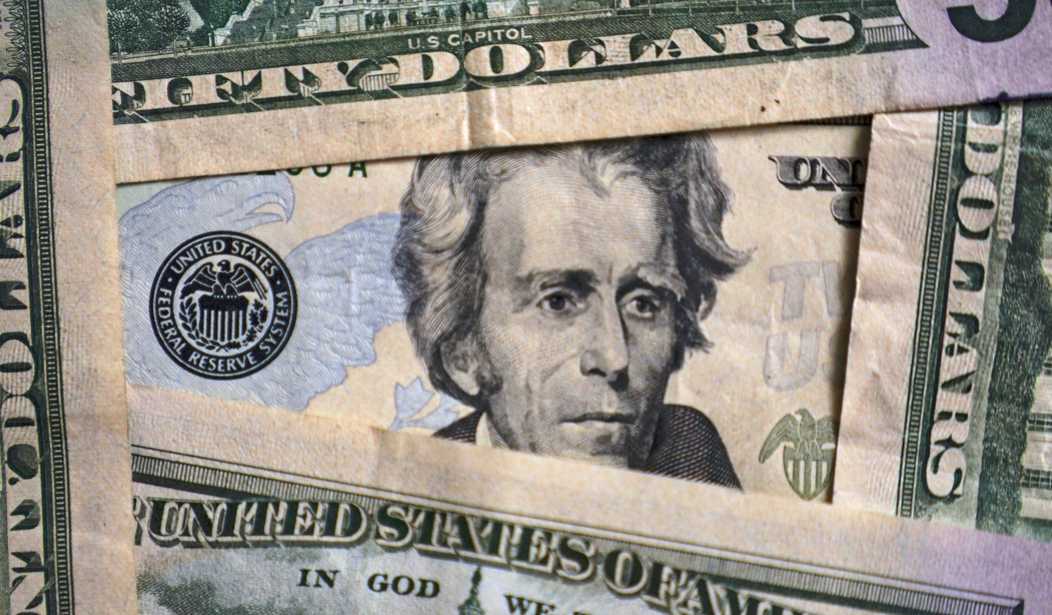At the moment, the U.S. economy looks pretty good; low unemployment, people still spending money, and Gross Domestic Product increased by a not-too-bad rate of 2.1%.
These numbers had some economists breathing an audible sigh of relief. It’s going to be a “soft landing” for the economy, they assure us. No worries about a recession.
But other economists disagree. Interest rates are still high and will almost certainly go higher by the end of the year because inflation is still almost twice what the Fed’s 2% target is. There are also surging oil prices — oil closed at more than $88 in international markets and could hit $100 bbl before year’s end.
The resumption of student loan payments, the auto workers’ strike, tighter lending standards at banks, and a global economic recession already in motion being led by the world’s second-largest economy, China, all point to red lights blinking at the Fed and the White House.
“Add those shocks to other powerful forces at work on the economy — from dwindling pandemic savings to soaring interest rates and now oil prices too — and the combined impact could be enough to tip the US into a downturn as early as this year,” Bloomberg Economics reports. “A recession remains Bloomberg Economics’ base case.”
What about those predictions of a “soft landing”? “With alarming regularity, soft landing calls peak before hard landings hit,” reports Bloomberg. Many economists make the mistake of assuming that “what happens next in the economy will be some kind of extension of what’s already happened — a linear process, in the jargon. But recessions are non-linear events.”
Here’s an example that focuses on unemployment, a key gauge of the economy’s health. The Fed’s latest forecast is for the jobless rate to edge higher from 3.8% in 2023 to 4.1% in 2024, That’s a continuation of the current trend, and one that would see the US skirting a recession.
But what if there’s a break in the trend — the type of sudden shift that occurs when the economy goes into a dive? Using a model designed to allow for these nonlinearities, Bloomberg Economics has forecast not just the most likely path for the unemployment rate, but the distribution of risks around that path.
The key takeaway is that risks are heavily skewed toward higher unemployment.
Those high interest rates that are designed to squeeze inflation out of the economy are working. But as most economists predicted, those rates will slow economic growth substantially. And with higher unemployment and the other factors mentioned, Bloomberg still sees a recession on the horizon.
And those high rates — 525 basis points since early 2022 — won’t be felt until the end of this year or sooner, given that there’s an 18-to-24-month lag in the impact those higher rates have on the economy.
In the final analysis, a recession has been “hiding in plain sight” in the forecasts, says Bloomberg.
Using consensus forecasts for those key numbers, Bloomberg Economics built a model to mimic the committee’s decision-making process in real time. It works fairly well to match past calls. What it says about the future: There’s a better-than-even chance that sometime next year, the NBER [National Bureau of Economic Research] will declare that a US recession began in the closing months of 2023.
In short: if you look at the gauges that matter most to America’s recession-deciders — and where most analysts reckon they’re headed — a downturn is already in the cards.
At this point, we’re going to start hearing a lot of Pollyanna economic reports from the White House. But the writing is on the wall. Interest rates, oil prices, and stricter lending standards at banks — these are all harbingers of a future recession.
No one should root for a recession. The pain caused to ordinary people who will bear the brunt of the downturn is something to be avoided. But policymakers who shut down the economy for the pandemic, making the economic impact far worse than it should have been, are about to reap what they sowed.
And the lion’s share of the blame should fall on them.










Join the conversation as a VIP Member